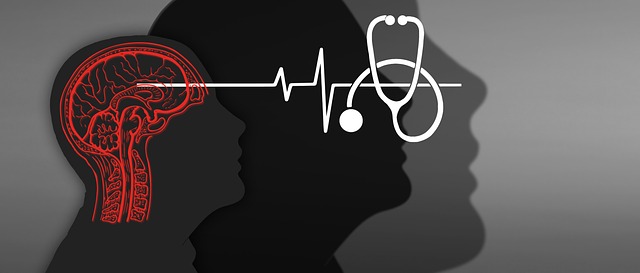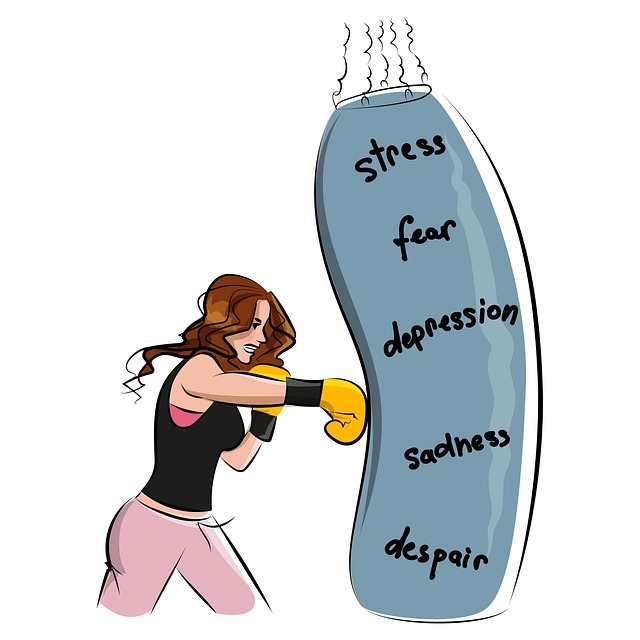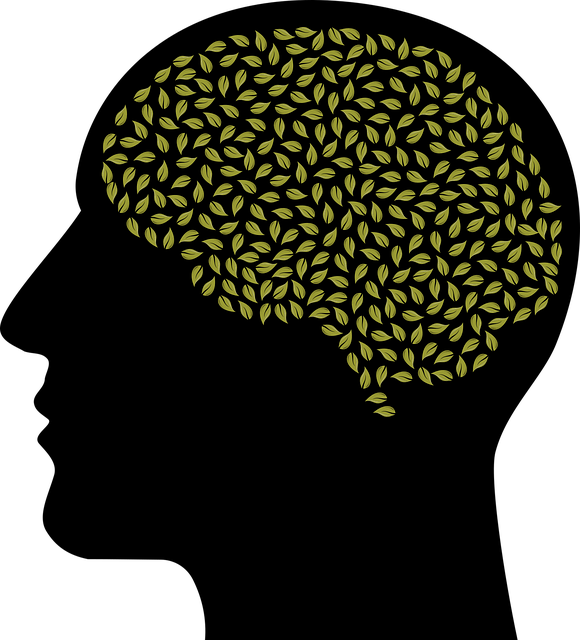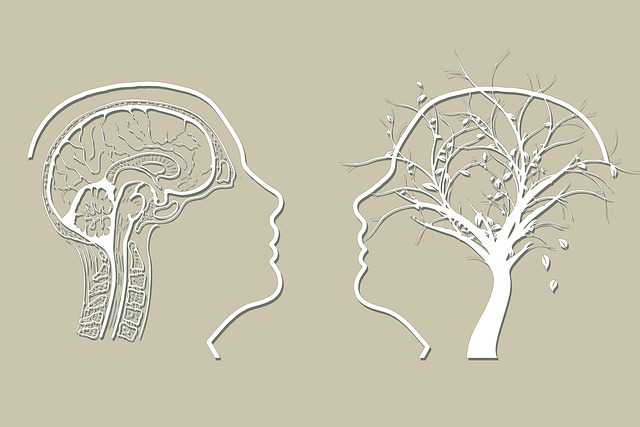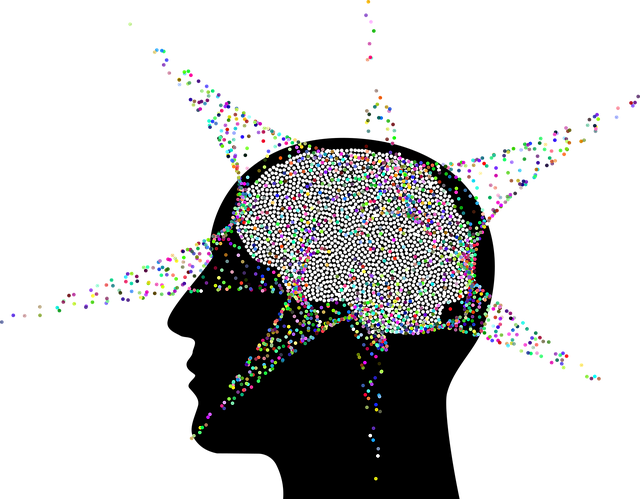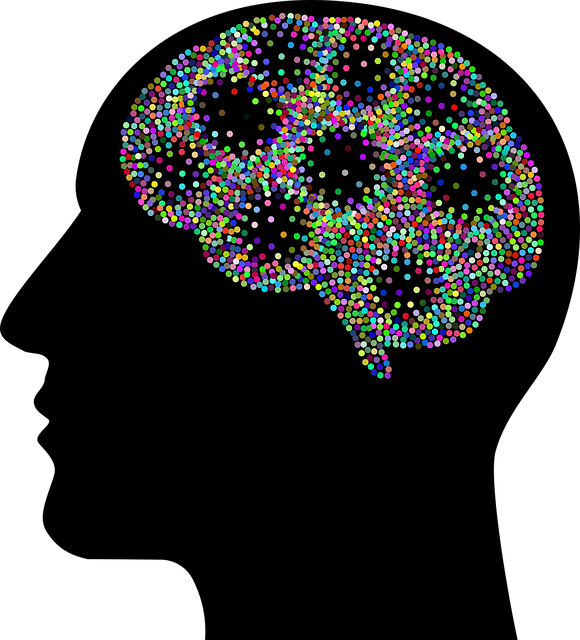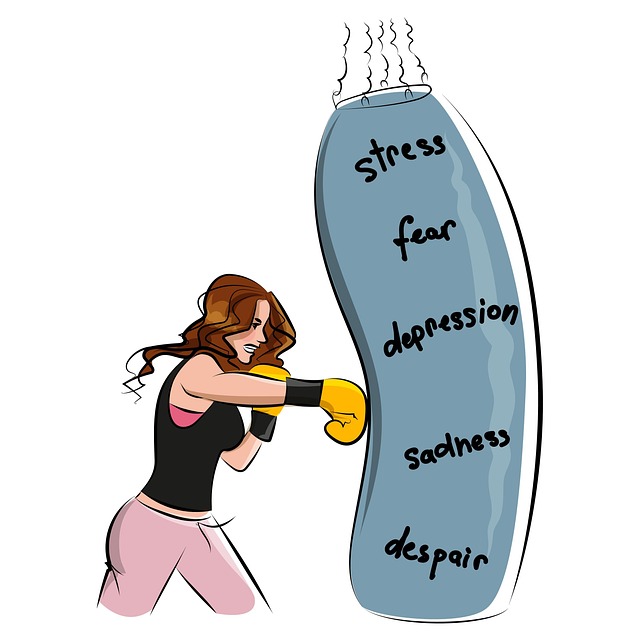Englewood Biofeedback Therapy is revolutionizing mental health support by challenging historical stigmas associated with mental illness through education, self-care promotion, and community engagement. They combine emotional healing with biofeedback methods to empower individuals to manage their mental wellness, normalizing conversations about mental health and fostering empathy within communities. Through workshops, discussions, policy changes, and media representation, they aim to reduce stigma, making mental healthcare more accessible and tailored to diverse needs.
Mental illness stigma remains a significant barrier to treatment and recovery. This article delves into various efforts aimed at reducing this societal burden, exploring both traditional approaches and innovative solutions like Englewood Biofeedback Therapy. We examine historical perspectives, community engagement strategies, policy changes, and media representation shifts, ultimately highlighting how these initiatives work together to foster understanding and acceptance in the fight against mental illness stigma.
- Understanding Mental Illness Stigma: Historical Perspective and Impact
- Englewood Biofeedback Therapy: A Unique Approach to Combat Stigma
- Educational Initiatives and Community Engagement for Stigma Reduction
- Policy Changes and Media Representation: Driving Long-term Progress
Understanding Mental Illness Stigma: Historical Perspective and Impact

Stigma surrounding mental illness has deep historical roots, reflecting societal views that often view emotional and psychological conditions through a lens of weakness or moral failings. Historically, individuals struggling with mental health issues were frequently marginalized, institutionalized, or even subject to coercion, all of which contributed to a culture of fear and misunderstanding. This stigma significantly impacts the lives of those affected, leading to feelings of isolation, shame, and reluctance to seek help.
Englewood Biofeedback Therapy, among other innovative approaches, plays a crucial role in Mental Illness Stigma Reduction Efforts. By emphasizing self-care routine development for better mental health and burnout prevention strategies for healthcare providers, these initiatives work to normalize conversations about mental wellness. The goal is to foster empathy, educate communities, and promote the understanding that mental illness is a common human experience, just as physical ailments are, deserving of care, support, and respect.
Englewood Biofeedback Therapy: A Unique Approach to Combat Stigma

Englewood Biofeedback Therapy offers a unique approach to combat mental illness stigma by focusing on emotional healing processes and emotional regulation. This innovative therapy goes beyond traditional talk therapies, providing practical tools for individuals to manage their mental wellness through biofeedback techniques. By teaching clients how to recognize and control physiological responses to stress, Englewood Biofeedback Therapy empowers them to take an active role in their mental health journey.
Incorporating Emotional Regulation and Mental Wellness Journaling Exercise Guidance into the therapy sessions, this approach helps individuals understand that mental illness is not a weakness but a condition that can be managed effectively. Through regular practice, clients develop coping mechanisms that promote stability and overall well-being, thereby reducing the perceived stigma associated with seeking help for mental health issues. This holistic method of care encourages self-acceptance and fosters a supportive environment where individuals can openly discuss their experiences without fear of judgment.
Educational Initiatives and Community Engagement for Stigma Reduction

Educational initiatives play a pivotal role in stigma reduction efforts for mental illness. Englewood Biofeedback Therapy has been at the forefront, implementing community outreach programs that target schools and public forums to raise awareness about mental health. These programs often incorporate interactive workshops and discussions led by professionals who share their expertise on recognizing signs of common mental disorders and promoting early intervention. By fostering open conversations, these initiatives aim to dispel myths and misperceptions surrounding mental illness, encouraging empathy and support within communities.
Community engagement is another powerful strategy in the fight against stigma. Encouraging individuals to share their personal stories—in a safe and supportive manner—can help normalize discussions about mental health challenges. This approach leverages the power of community to cultivate cultural sensitivity in mental healthcare practice, ensuring that services are accessible and tailored to diverse needs. The principles of Mind Over Matter are often emphasized in these efforts, promoting the idea that with the right tools and support, individuals can gain control over their mental well-being and lead fulfilling lives.
Policy Changes and Media Representation: Driving Long-term Progress

Policy changes and media representation play pivotal roles in driving long-term progress towards reducing the stigma surrounding mental illness. Governments worldwide are increasingly recognizing the need for comprehensive mental health policy analysis and advocacy, reflecting a growing commitment to destigmatize mental health issues. Such policies often include measures like ensuring access to quality, affordable care, integrating mental health services into primary healthcare systems, and promoting public education campaigns that challenge stereotypes and misconceptions.
Media representation also significantly contributes to this cause. With the rise of authentic storytelling and diverse representations in film, television, and literature, media outlets are becoming powerful tools for fostering empathy and understanding. Initiatives like Englewood Biofeedback Therapy exemplify how innovative therapeutic approaches can be showcased to demystify mental health treatments. Additionally, media campaigns that highlight the human stories behind mental illness, emphasizing recovery and resilience, can help shift societal perceptions, paving the way for more inclusive and supportive communities.
Mental illness stigma reduction is a multifaceted effort requiring both individual and collective action. From historical perspectives, we’ve witnessed significant progress through educational initiatives, community engagement, policy changes, and innovative therapies like Englewood Biofeedback Therapy. While challenges remain, these strategies are transforming societal attitudes and fostering greater understanding and acceptance. Continued efforts in all areas are crucial to ensure everyone receives the support and care they need without stigma.



